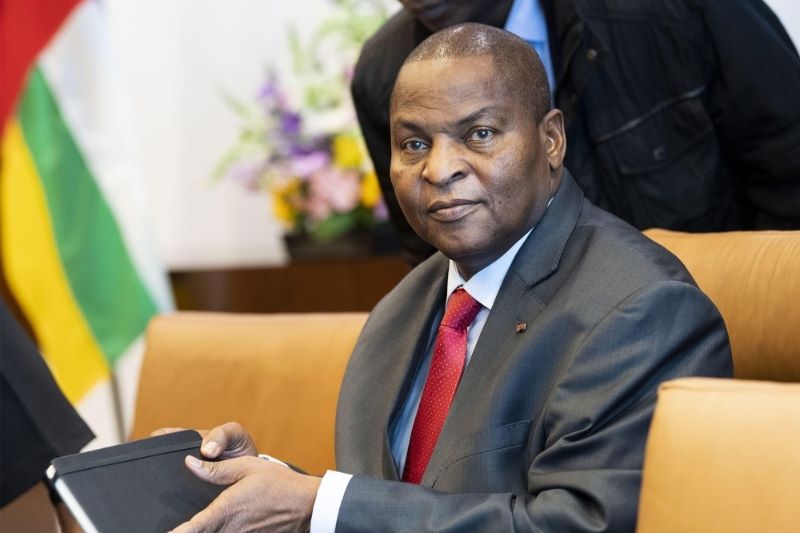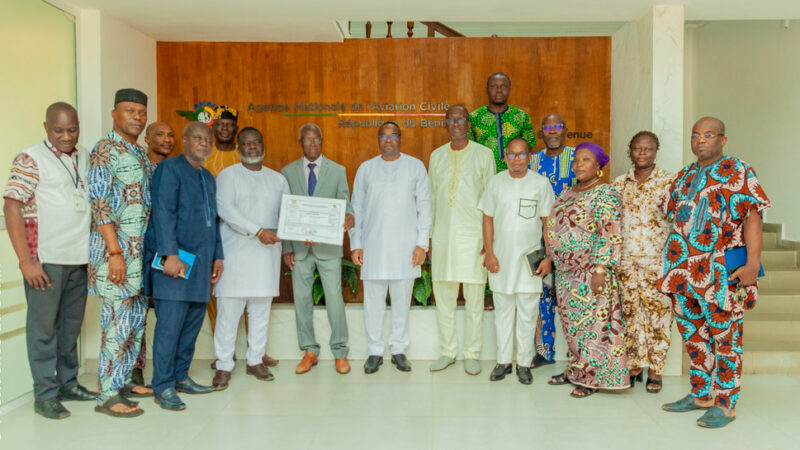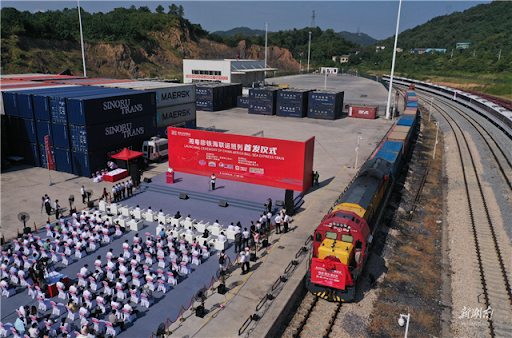Faustin Archange Touadéra: “Intracommunity trade in 2023 did not exceed $1.3 billion”

In his message on the occasion of the 2025 “CEMAC Day,” the current president of the Conference of Heads of State and Government of the Central African Economic and Monetary Community denounced the stagnation of trade between the six countries that make up this sub-region. He stated that these low trade flows are “a reflection of their weaknesses.”
In Bangui, on March 16, the President of the Central African Republic spoke on the sidelines of the 16th “CEMAC Day” celebration, once again highlighting the persistent flaws that have almost inherently hindered economic integration within this community, despite the extensive regulatory framework and the numerous resolutions adopted at its annual summits.
Although the speech by the current president of the Conference of Heads of State and Government of the Central African Economic and Monetary Community was far from groundbreaking, it closely aligns with current events, characterized by “an economic situation largely affected by exogenous factors such as insecurity, armed conflicts, and the instability of commodity prices.”
Faustin Archange Touadéra emphasized: “Particular attention must be given to intracommunity trade in order to move towards effective and balanced development of member states.”
He also noted: “Intracommunity trade data does indicate an increase in exchanges. While in 2018, intracommunity trade accounted for only 2% of total trade flows with the rest of the world, this share rose to 3.5% in 2022 and then to 3.9% in 2023.”
While acknowledging that “this slight progress may seem encouraging, it still falls far, very far, below expectations,” Touadéra illustrated his point: “Out of a total of more than $33 billion in import-export trade, intracommunity trade in 2023 did not exceed $1.3 billion [approximately 781 billion CFA francs, Ed.].”
For Faustin Archange Touadéra, “these figures reflect our weaknesses and clearly illustrate the need to strengthen trade within our community.” Once again, corrective measures were prescribed during the latest extraordinary session of the Heads of State Summit, held on March 16, 2024, in Yaoundé. These measures were “driven, among other factors, by the urgency of addressing the identified weaknesses in order to achieve double-digit intracommunity trade levels.” However, the expected surge of momentum has yet to materialize.
Trade Balance
Beyond the pressing need to boost trade among the six CEMAC countries, regional human integration must also be strengthened. “Free movement is, in this sense, a key facilitator of both the import-substitution strategy and economic diversification—essential elements for improving our trade balance,” added Faustin Archange Touadéra.
He called for renewed efforts to strengthen integration, which remains “a laborious, long, and difficult process, but one with a brilliant idea and a promising future.”
“Let us have faith in our integration efforts; let us trust in our community institutions; let us work to make them more effective and efficient. Every citizen, wherever they may be, should see themselves as a stakeholder in building our community and contribute to removing the obstacles hindering its progress,” urged Touadéra.





